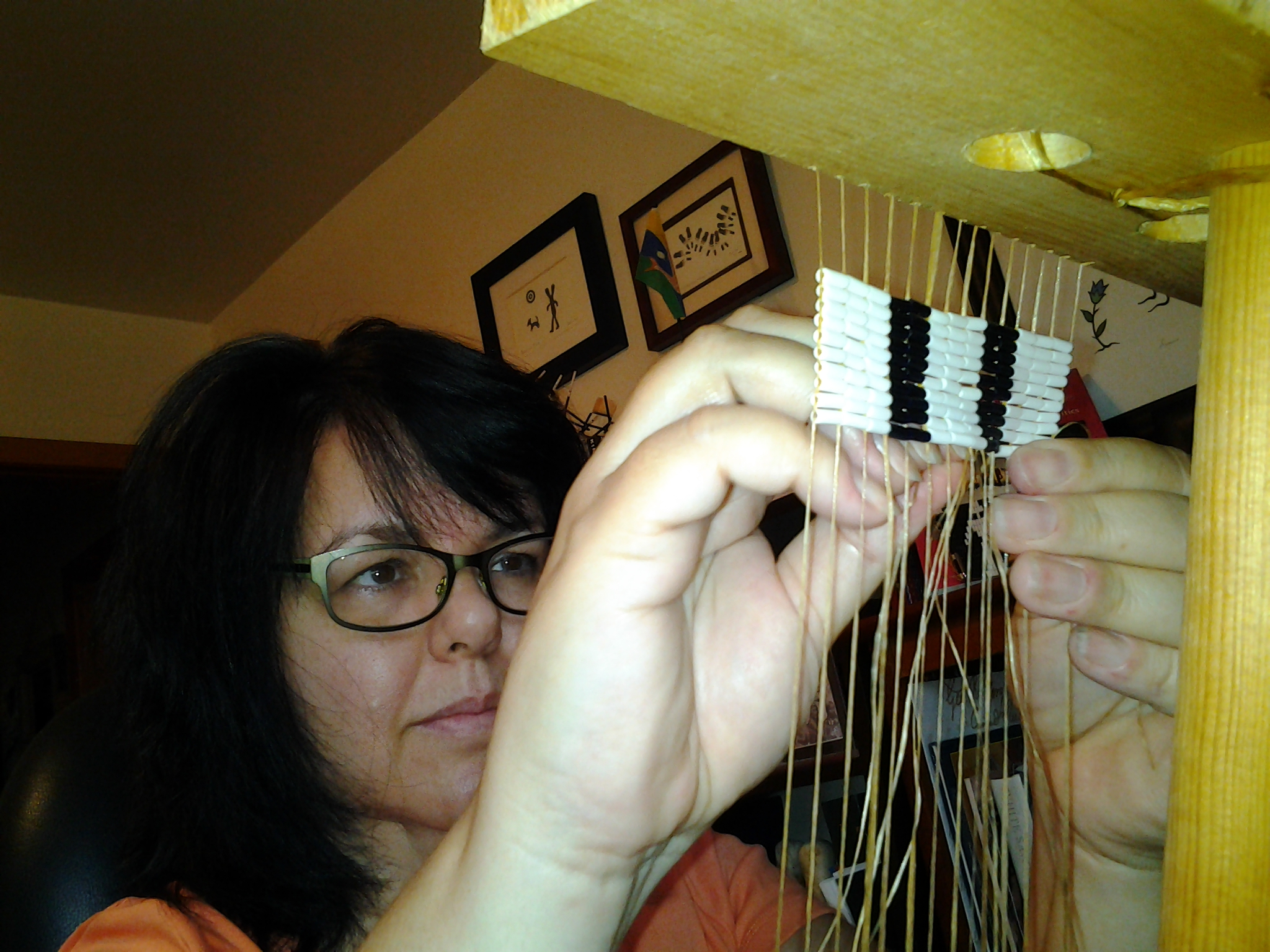With Wet'suwet'en, Media Has to Move Beyond Colonially-Constructed False Dichotomies
Mar 1, 2020
With Wet'suwet'en, Media Has to Move Beyond Colonially-Constructed False Dichotomies
The real issue is what Canada is doing to place Band Councils and Traditional Governments at odds with one another
by

The Wet’suwet’en hereditary Chiefs’ and their citizen’s stand on the matter of the LNG pipeline through their territory has many Canadians reading and watching the news. Some people are awakening as they learn about the complex issues related to Indigenous jurisdiction and how it is that First Nation band councils’ interests must not be allowed to trump over traditional Indigenous people who, against all odds, continue to assert their rights through traditional governance systems.
While it may be true that Canada criminalized Indigenous culture, knowledge traditions, and governance traditions from 1884 to 1951, traditional Indigenous people continue to exist and continue assert their rights. While it may be true that Canada relocated many Indigenous people to reserve communities and then imposed the Indian Act governance system on them, many Indigenous people refused to relocate because they wanted to remain on their lands and they wanted to retain their jurisdiction and rights.
The difference between traditional Indigenous people and Indigenous people who are situated within colonial structures has a long history where for many people it is a complicated subject to weave through. It is a struggle. It is not just difficult for Canadians; it is also difficult for journalists to understand, report on, and talk about. Unfortunately, what some journalists are doing is relying on binary thinking and debates as their so-called objective method of looking at the issues. Within these news stories, traditionalists on their lands and First Nation Band Councils in their small reserve communities are being pitted against one another where the real issue is what Canada is doing to Indigenous people; stealing our land and resources and polluting the land, water, and air that all people need, Canadians included.
Canadians need to understand that there are indeed traditional sovereign Indigenous people who are correct when they stand up for their larger jurisdiction and rights beyond the reserve system and the Indian Act.
Canadians also need to understand that First Nations Chief and council communities are also doing their best, within the confines of extreme duress, when they make decisions for their community members’ needs.
What is incorrect is Canada refusing to address sovereign Indigenous Nations and what they are entitled to – the jurisdiction, protection, and right to consent regarding their larger territory and the right to live and subsist off of it. They have a right to protect their water and soil from exploitation and contamination. They have a right to avoid the economic system that is destroying the natural world. They have a right not to consent.
What is incorrect is Canada placing First Nations Chiefs and councils under so much duress that they are forced to accept scraps that are offered. It must be realized when a mother sells her kitchen table because she desires a new one, this is different than when a mother is forced to sell her kitchen table because she has to feed her eight children. Forcing First Nations to make decisions under duress is a method of colonial genocide. It is not legitimate negotiations. Not at all! Even my mother would understand this.
What is more, it is completely incorrect for news reporters, news outlets, and national political television and radio programs to set up debates between these two groups of Indigenous people. The real issue is what Canada is doing that places these two groups at odds with one another. There is no reason why Canada cannot address the needs of both traditional sovereign Indigenous people and First Nations communities.
The media has to learn to think more critically, trust that their audiences are more intelligent, and become more objective about the genocidal truth of Canada the nation state and start reporting in more solid ways where the focus is on Canada and what Canada is doing. Both groups want their land back, both groups want an equal share of the resources from their land, and both group want clean land, air and water. Placing people under duress, giving them little option, and then placing their tough decisions at odds with other people is not at all a moral or legitimate process.
Lynn Gehl is Algonquin Anishinaabe-kwe. See more of her work at lynngehl.com


